How to Work and Travel in Japan with a Working Holiday Visa
- July 21, 2025
- One Comment
If you have ever dreamed of travelling Japan and earning a little money while you do so, this is the post for you! Discover everything you need to know about the Working Holiday Visa in Japan, from how to apply, total costs while in Japan, jobs and accommodation and more. Learn from my experience and start your own unforgettable journey!
Doing a Work and Travel in Japan is one of my all-time favourite things I have done. I have received countless messages on social media and my blog about how I did it, so this blog post will lay everything out.
Most people asked if I went through an agency, which I did not. I personally think it is a waste of money (sorry!). The visa process is cheap and fairly easy, and the job search is also very much possible if you apply early enough and send quite a few applications.
Pop a comment at the end if this article was helpful to you or you have any additional questions 🙂
This post may contain affiliate links to support the running of the blog. If you make a purchase through these links, I will earn a commission at no extra cost to you. Thank you.
Table of Contents
ToggleEverything you need to know about a Work & Travel in Japan
1. How to get a Working Holiday Visa
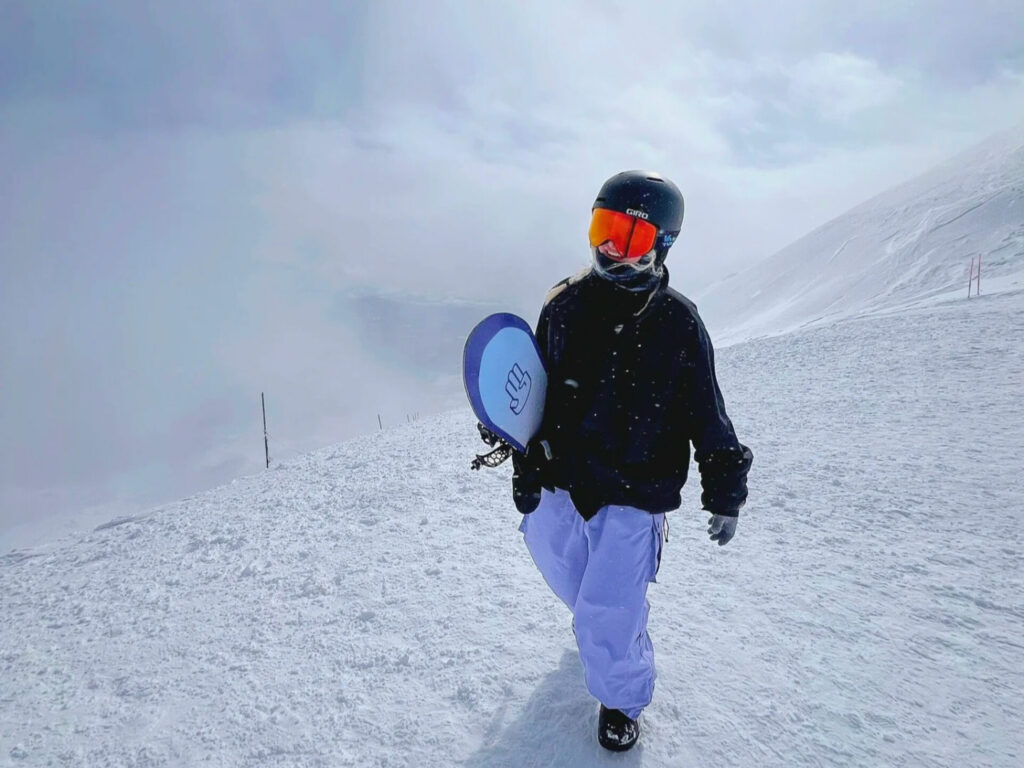
Applying for the Working Holiday Visa for Japan was honestly so much easier than other countries I had done it for (Canada and Australia). I looked up and filled out all the documents I’d need for the visa, made an appointment at the embassy and within a week I had my finalised visa. Best of all, the entire process was free in my country, which has never happened before.
Who can apply for a Japanese WHV?
There are 30 countries, including the UK, Germany, Australia, NZ and more, which have a Working Holiday Visa agreement with Japan. The US is not part of this unfortunately.
Eligibility varies slightly between each country, so I would contact your local Japanese embassy to find the exact requirements. In general, you need to be between 18 and 30 years old, have a valid passport and proof of sufficient funds.
How to apply for a Japanese WHV?
How to apply will vary slightly country by country. Head to your local Japanese embassy’s website to find the exact details.
For the UK, you first need to check if you fit the requirements and then prepare all documents from this checklist. This includes passport, CV, 2500 GBP in funds (or 1500 with a return flight) and a couple more things.
Importantly, you need to include a statement of purpose of why you want to do this Working Holiday Visa. Your primary intention should not be work (this is actually prohibited), but to understand Japanese culture and promote mutual understanding between the two countries.
Once you have collected all the documents, make an appointment with your local Japanese embassy and submit them as well as drop off your passport. Processing takes 5 days and you will need to pay 21GBP as the visa fee. Many countries offer this for free.
Once you have the visa, you generally have one year from the date of issue to enter Japan.
2. How to find a job in Japan?
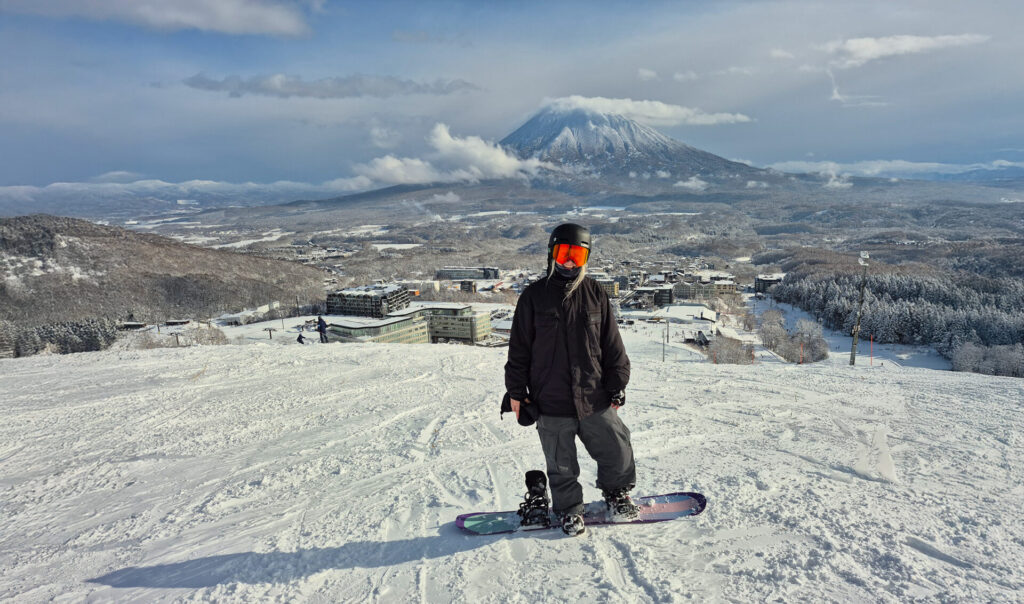
While the primary purpose of your visit should not be work, you likely will want to work at least a little bit while there. Many come to Japan for the ski season and record-breaking snow. I personally worked in Niseko in Northern Japan as a Snowboard Instructor (and will again this year, get in touch to book lessons).
I can’t say much on how to get other jobs, however I know that most hotels and touristy places will hire Working Holiday Visa Holders. Check the area you want to work in for those places and apply directly. I have also met people in Tokyo who work for e.g. the Go-Karting places and Disneyworld, so those are worth a try too.
If you have a TEFL, there are a lot of English teaching jobs in Japan you can apply for. TEFL itself has a guide for finding those.
How to find a job at a Japanese Ski Resort?
Working at Japanese Ski Resorts is super competitive and it took me two years to secure a job. My number one tip, ESPECIALLY for instructors, is to apply early.
Some ski schools will open applications in May, most will be in the hiring process by June. For popular resorts, this also applies to many other roles.
Jobs in ski resorts that you could apply for are:
- Ski/Snowboard Instructor – you need at least a Level 1 certificate, anything above or a cross-over certificate will make the job search much easier
- Rental Technician
- Front Desk (Ski school, Hotels, Booking Offices)
- Barista and other Café Jobs
- Bartenders
- Waitress
- Booking agents
- Snow clearers
- Cleaning Staff
There are many more, but jobs like Lifties, which is a popular job in other countries, is only really given to Japanese people here.
I found my job by searching for ski schools in the areas I wanted to work in and applying for each one on their website. Sometimes I sent follow-up emails. As I am an instructor, I actually set reminders to when their hiring process started to apply right away.
Otherwise I would look on Google Maps for what hotels, cafes etc are in the area and apply directly to as many as possible. Facebook Groups for the specific area (e.g. Niseko Winter Staff) will also have a ton of job postings, even close to the season.
3. What does a job at a Japanese Ski Resort look like

Accommodation when working at a Japanese Ski Resort:
The vast majority of jobs in ski resorts come with accommodation. This can range from share rooms that cost from £100-300 per month to single rooms from around £450. Single rooms are rare, especially for ski schools from my experience, but some have them.
Most will deduct rent directly from your pay check. Some of the bars in Niseko had their accommodation right on top of the workplace, which has up- and downsides. In Niseko, you can either live right in Hirafu (short walk to work and great nightlife) or in Kutchan which is the bigger town nearby (much cheaper).
I met very few people who had rented their own accommodation, though it is an option especially if you are planning to stay longer than just the 3 month season. I have heard it is difficult if you speak no Japanese though, so having a Japanese friend to help you out would be super useful.
Job hours and wage:
As for earnings, most resort jobs paid around 1500-1800 yen (£7.50-9) instructors got 2500 yen (£12.50) and upwards depending on qualifications. There are jobs that will pay more in bigger cities, but Japan’s wages are lower than most of Europe for example.
As instructors, you will work 30ish hours per week during peak periods and less when it’s quiet, other jobs 40+ hours per week. I was able to pick up a front desk role when the instructor hours got less at the end of the season.
4. Life in Japan

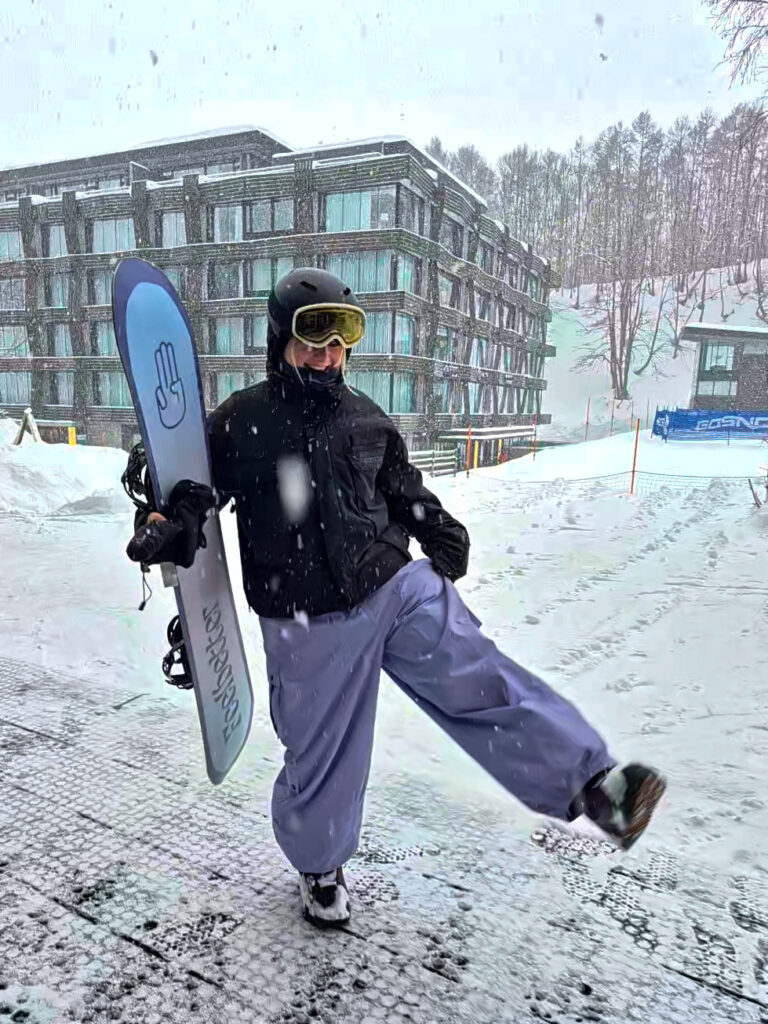
Japan holds my whole heart. I loved living here. From the respectfulness of everyone here to the people you meet working in these touristy areas to the beauty of Japan to the incredible food! I could write an article about the affordable but SO amazing food alone.
There are a few things you should take into account. Wages aren’t very high here, yet living costs in the most touristy places will be. You likely won’t leave with many savings. My money from the season paid for my flight back and 2-weeks of exploring Japan.
Japan is all about respect. If you are someone who cannot be bothered to learn about other cultures, this won’t be for you. Japan is also very strict on recycling and being mindful about your trash. Not doing this correctly can result in fines.
I did cook a lot while living in Japan, but I also know many who lived off convenient store food because it is so cheap and good. I personally loved the many ingredients here you can get for cheap but always cried at the fruit prices in the stores. If you can’t live without apples, you will struggle (haha).
I lived and worked in Niseko which is incredibly international and 95% of people speak some English. Many refer to it as Little Australia because of the many Aussies here, but I made friends from all over the world. The nightlife was great, the people lovely and I enjoyed my work. Accommodation was okay, not the best but that’s what you get at most ski resorts (better than others I’d worked at tbh).
If you work for an international company, the hours and work culture won’t be that different than what you are used to. If you work for a Japanese one, work-life balance will likely be different!
I also loved travelling to other parts of Japan, both during and after the season. That’s when you get to experience “real” Japan, full of culture, history and stories!
You may also be interested in: 16 Essential Things To Know Before Travelling To Japan
5. Overall Budget for a Japan Working Holiday
For a lot of countries, you will need a minimum savings for your Japan Working Holiday visa like the £2500 in the UK. But how much will the actual Work & Travel set you back and how much of your savings will you need to spend?
Rough guide of my costs during my Working Holiday Visa:
- One-way flight to Japan – around £500 with Eva Air which allowed me two bags, one of which could be a ski/snowboard bag. Find cheap flights from your country here.
- Monthly accommodation – around £500 for single room in a popular ski resort, around £300 or less for shared rooms. I know some who paid only £50 for the month in a share room a bit away from the resort, but that’s rare. For hostels around Japan I paid between £15-25 per night, with Tokyo and Kyoto being the most expensive.
- Food – meals and groceries are fairly cheap in Japan. I spent around £30 per week in groceries. A meal from the convenience store will only cost between £3-5 and a meal at a budget-friendly restaurant around £10.
- Transportation – most ski resorts will have free buses, but the trains in Japan are also fairly affordable and even flights between cities.
- SIM card – An E-Sim from Airalo will set you back around £9 for 5GB for 30 days
- Health Insurance – While I was employed in Japan, I also had the National Health Insurance which was directly deducted from my salary. The amount depends on your salary and where you are but it was pretty affordable. I think I paid around £50 for 3 months but don’t quote me on that one.
- Travel Insurance – You should get travel insurance for your trip to Japan! One of my favourites is True Travellers which will set you back around £400 for a full year of coverage (excluding the Americas).
Is a Japan Working Holiday worth it?
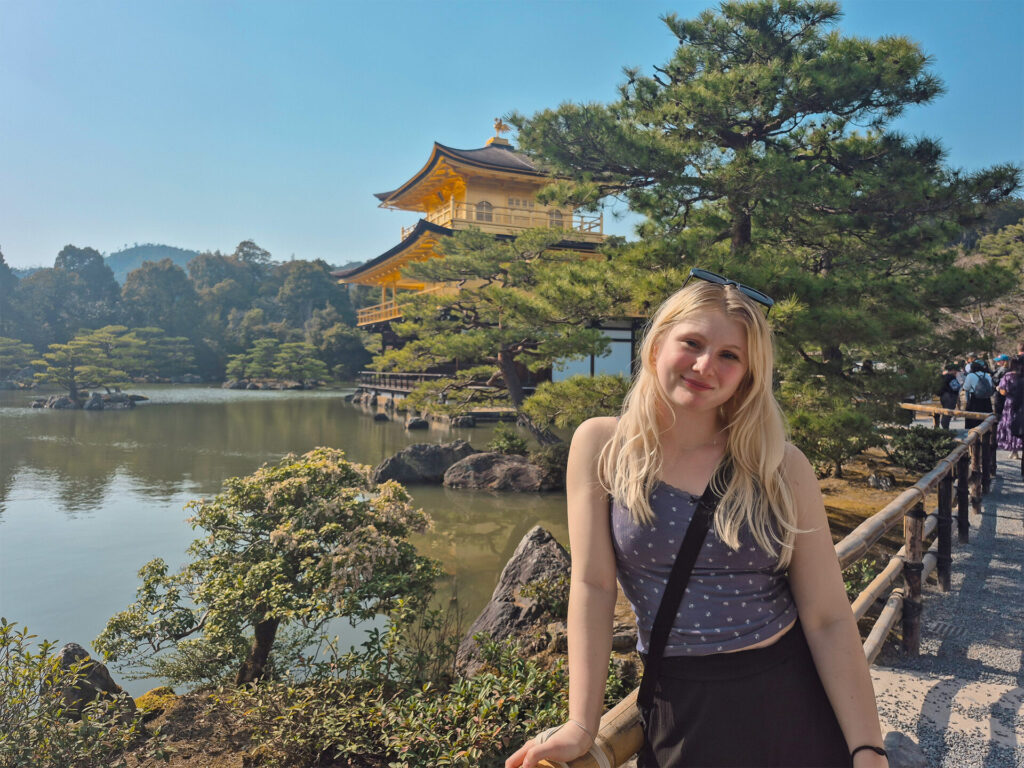
In my opinion: 1000%, a Japan Working Holiday is so worth it. I loved my time in Japan and will hopefully be back for Year 2 this winter.
We have discussed everything from budget to earnings to accommodation in this guide, but what I haven’t touched on as much is the experience. This is one of those things you will remember for the rest of your life. One of those defining years that changes you.
Each Working Holiday I have done has done that, but Japan was where I felt happiest. I would highly recommend giving it a go if you can!
Full process from applying for the Visa to Working in japan
The full process of this will look something like this (different for everyone though):
- apply for jobs – I would start with this if you want to work a ski season to make sure you can get a job
- apply for the Working Holiday visa
- Book your flights – make sure your ski bag is included
- Pack your bags and gear – try and pack for more than winter as you will likely travel after in the spring. I ended up sending a big carton of winter stuff home via ship which took 3 months and cost only like £70.
- Get on your flight and pass immigration – make sure to bring all your documents. There was a special immigration line for Working Holiday Visas and they gave me my residents card.
- Arrive at your accommodation and work place, if you are starting with work
- If working at a ski resort, you will likely have training
- Start work and enjoy!
- If you leave Japan at any point and wanting to re-enter, you have to get a re-entry permit at the airport. You can tell them this at the control points and they will point you in the right direction.
- Know when your job finishes and prepare further travel or other jobs – I’d recommend not leaving this to last-minute like me as everything was more expensive and cherry blossom season was coming up
Hi, I'm Bell

I’m a solo traveller, writer and designer. I created my blog to share the many different ways to travel the world. Learn more about me here!
Latest from the blog:
Travel Off Script contains affiliate links to support the running of the blog. If you make a purchase through these links, I will earn a commission at no extra cost to you. Thank you.

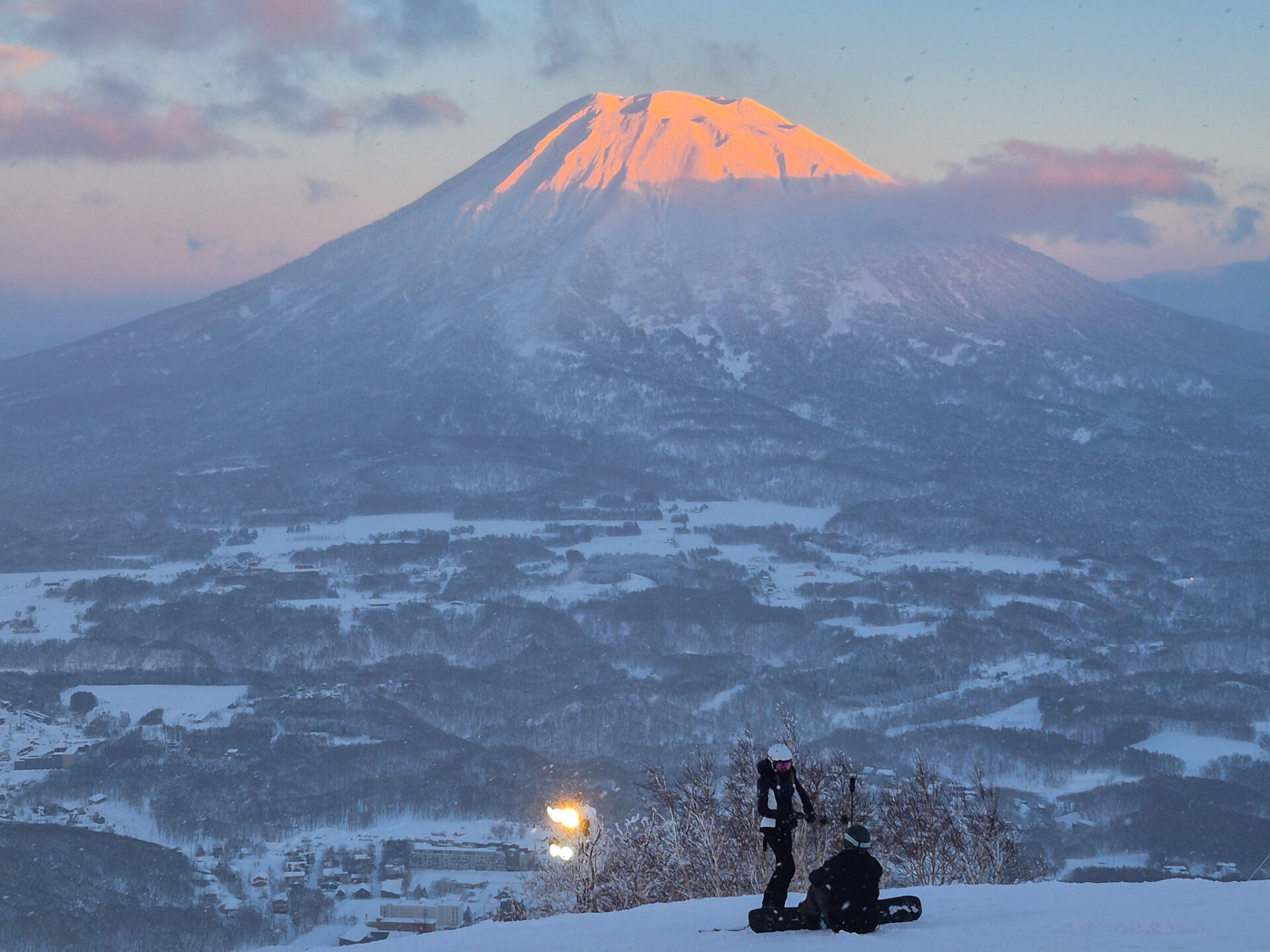
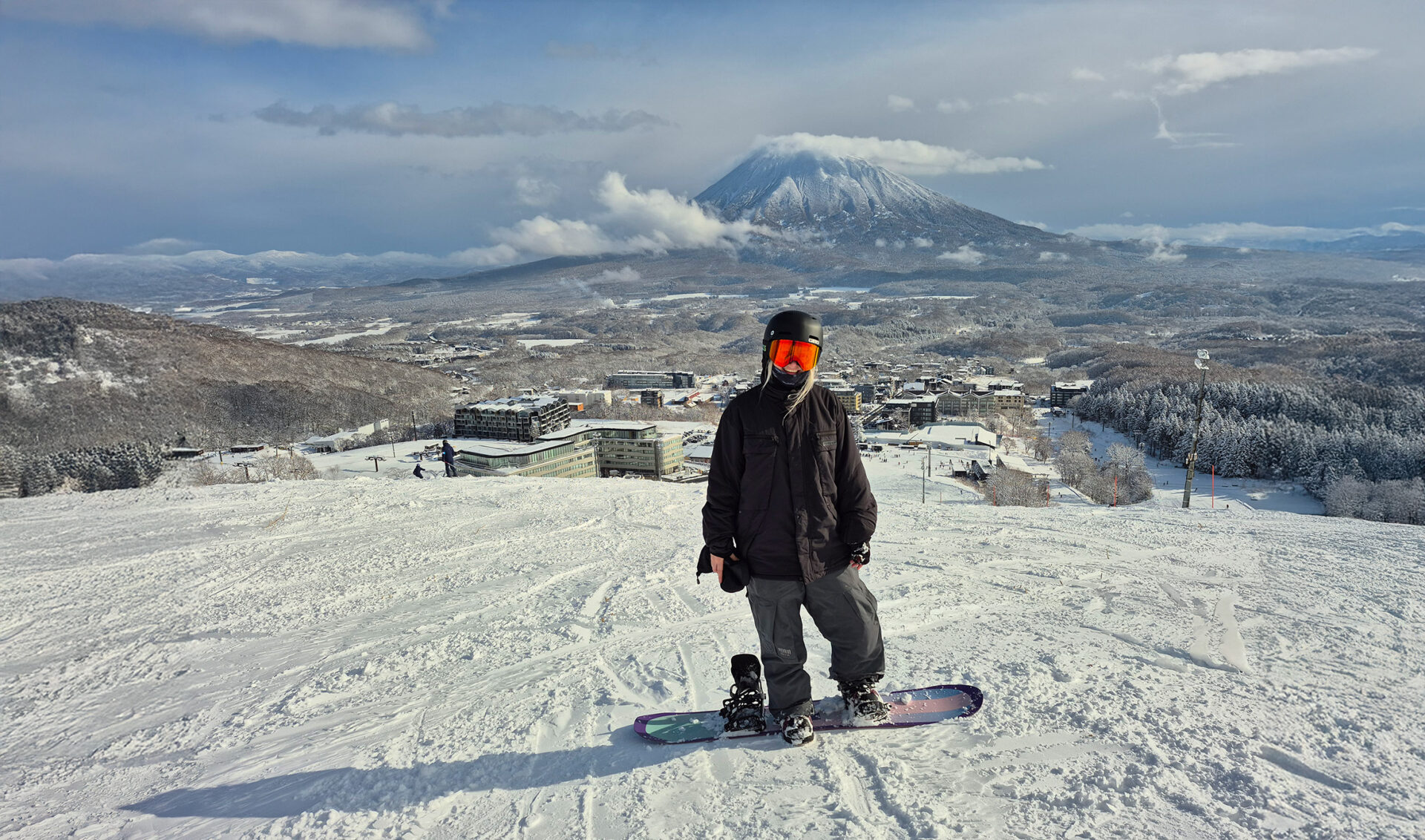
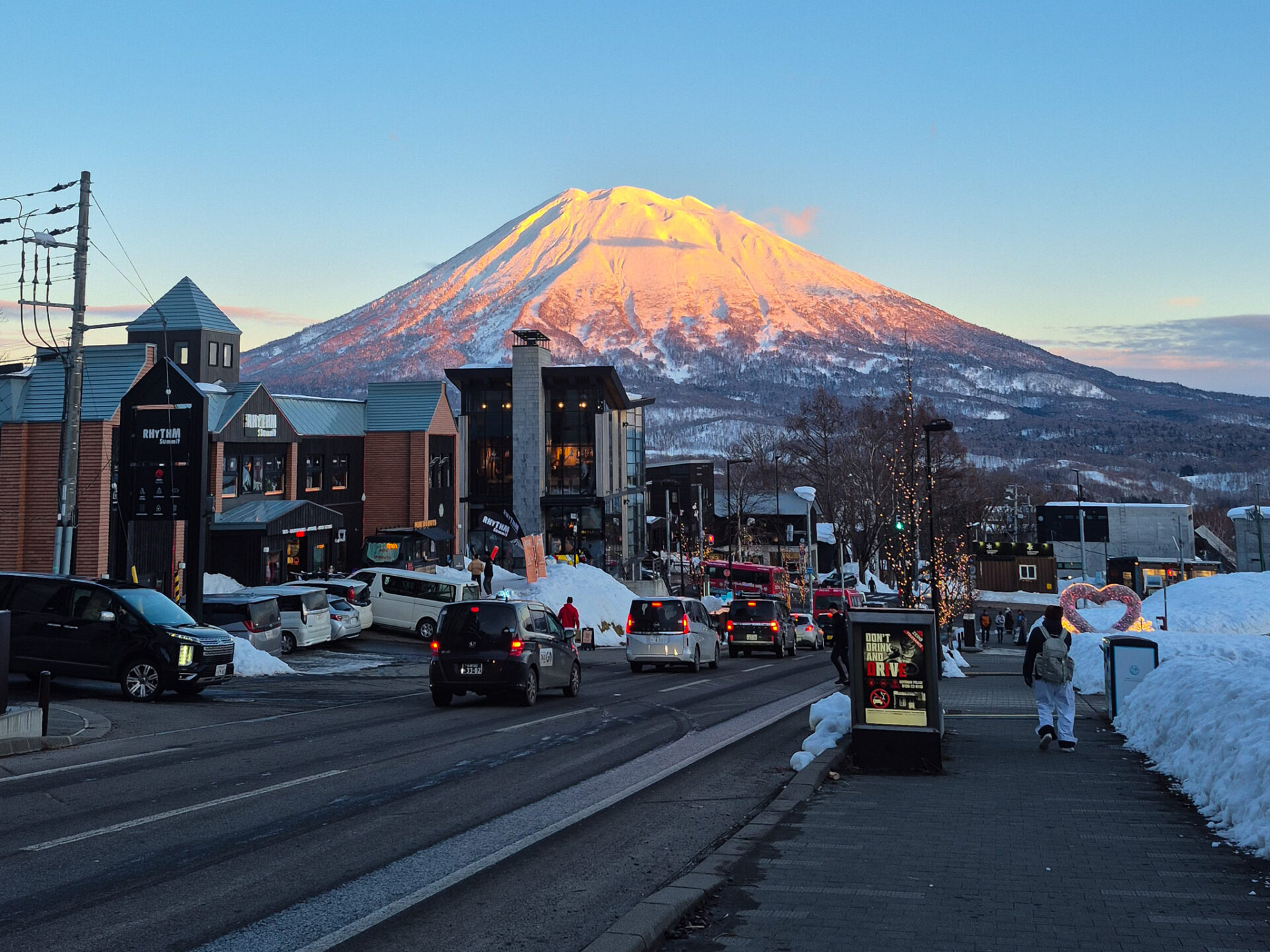
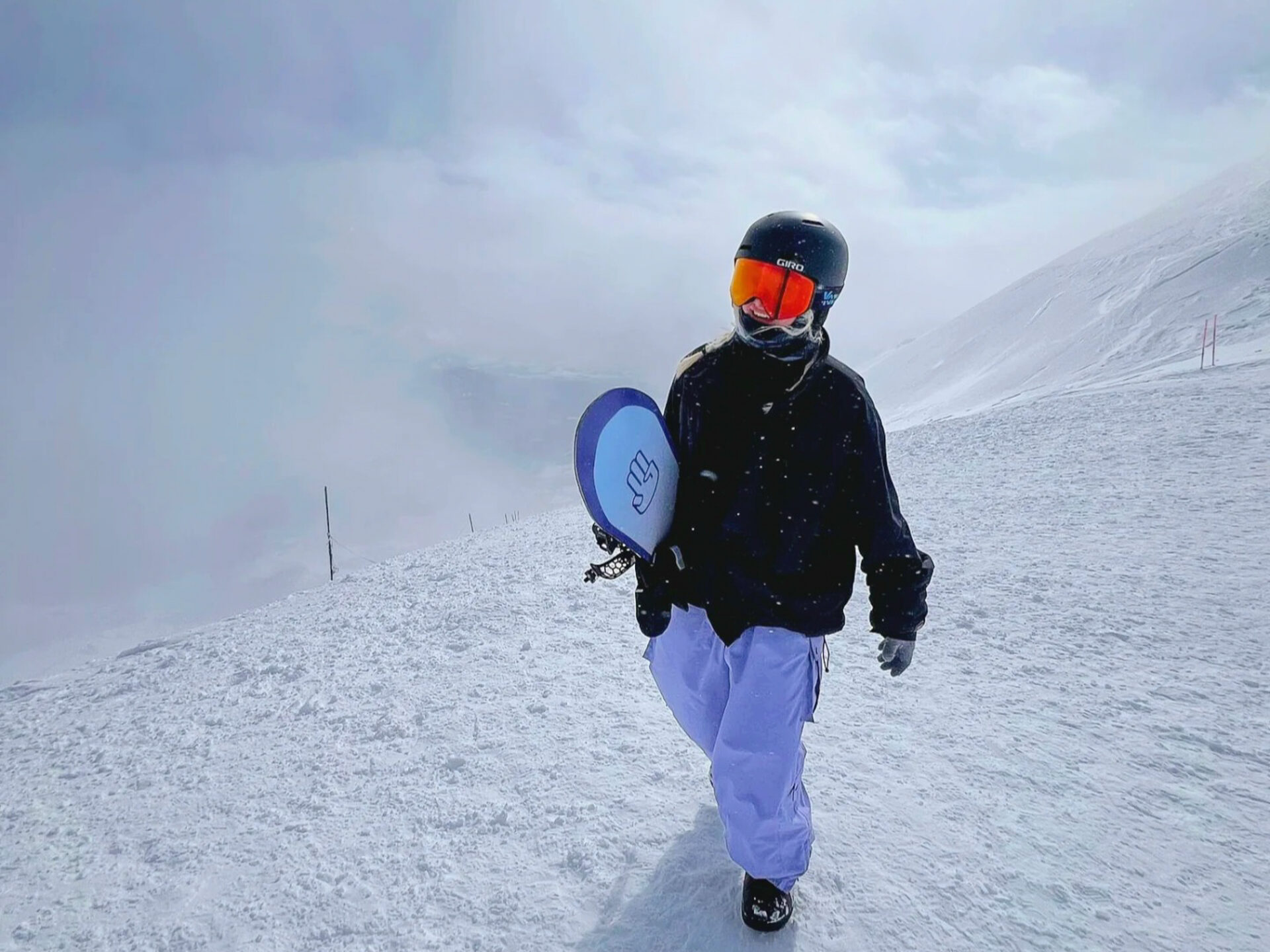
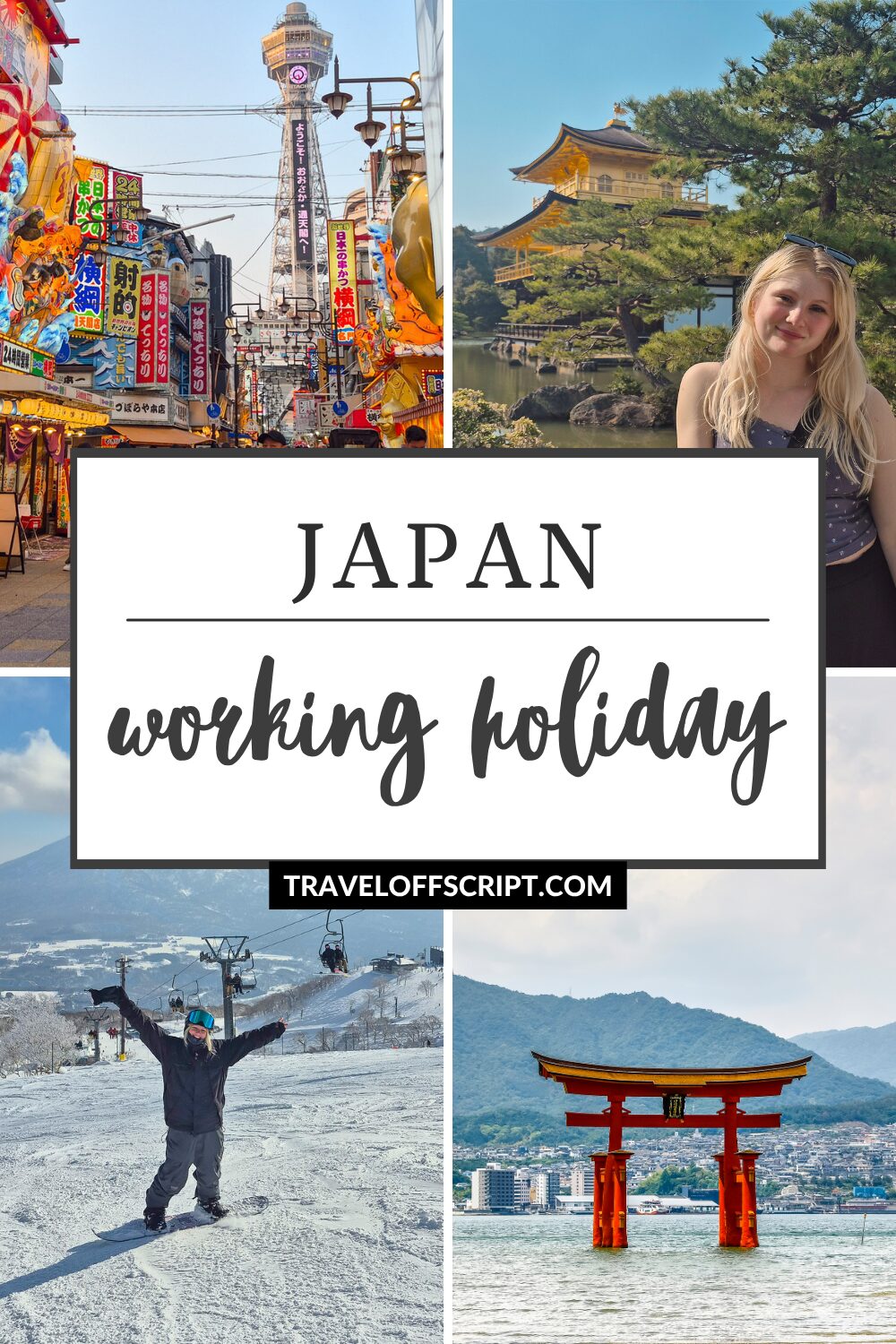
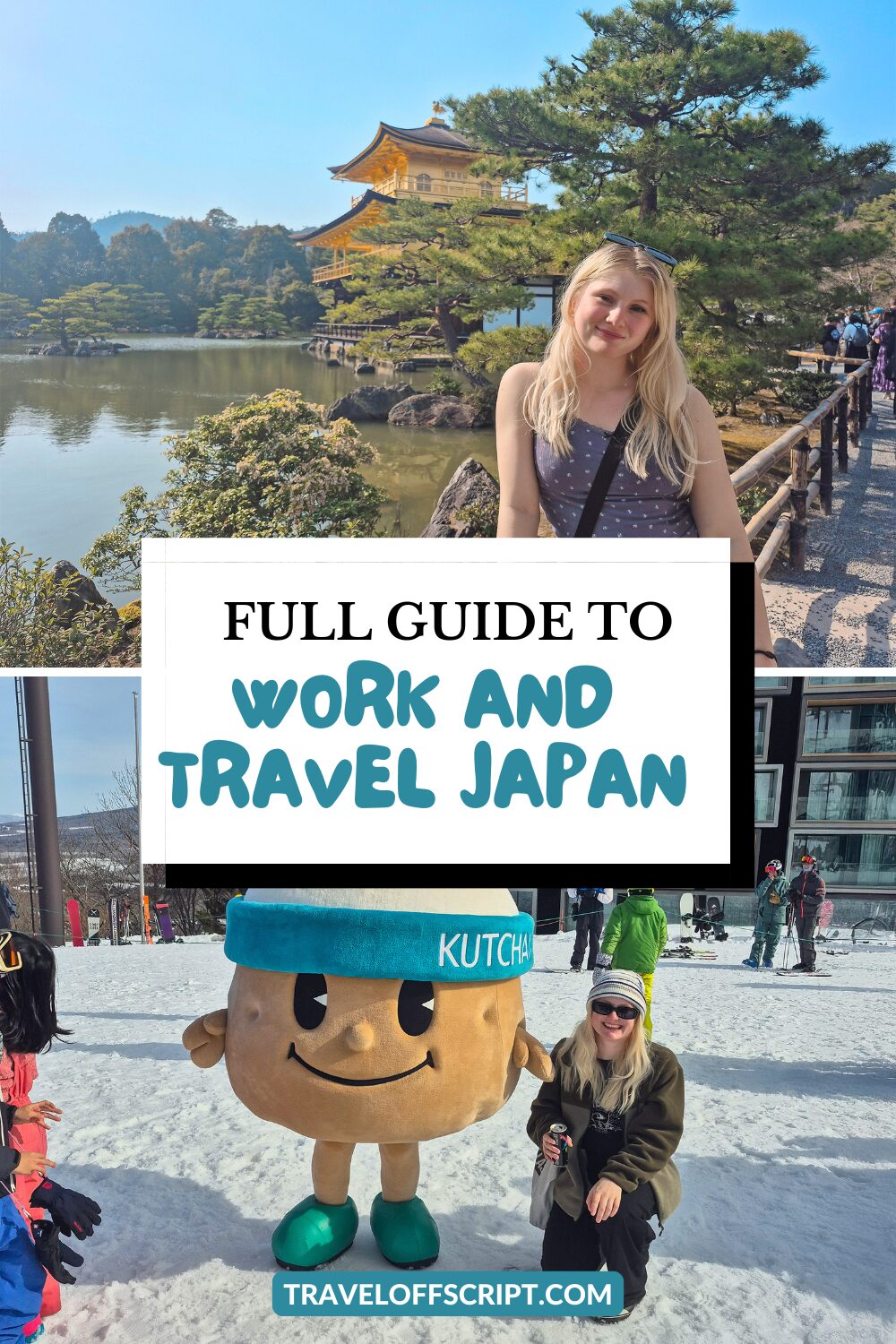

One comment
Doing a ski season in Japan has always been my dream, this has been so helpful, thank youuuu